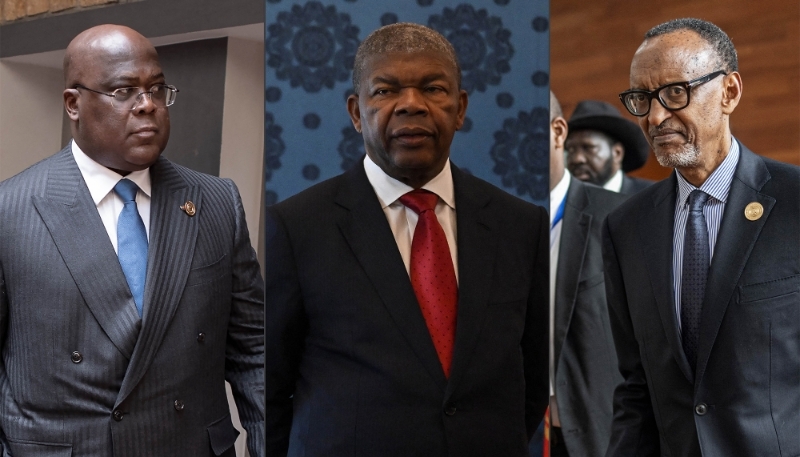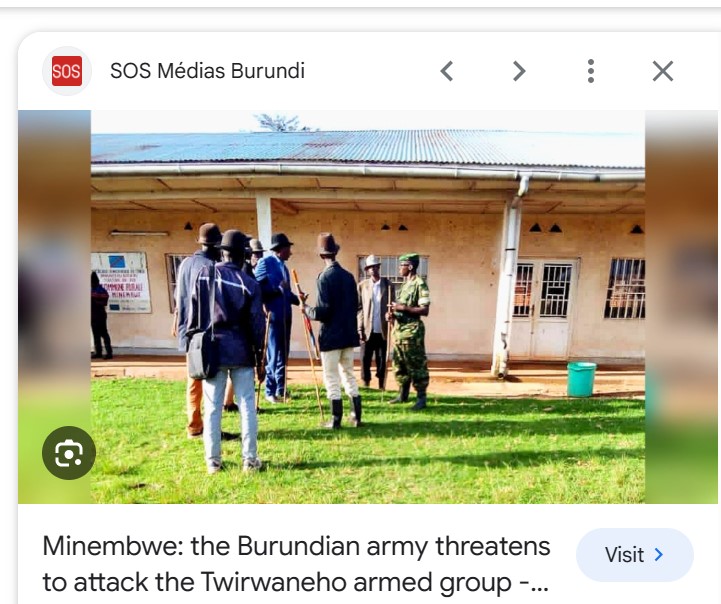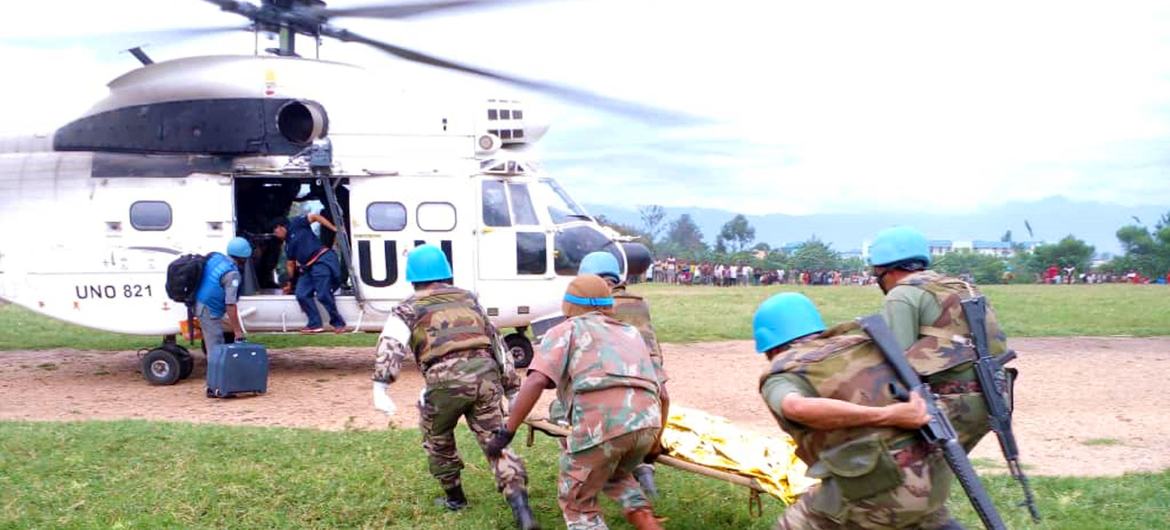Regional
DRC’s death penalty part of the government's larger genocide scheme

In a
controversial move, on March 15, the Democratic Republic of the Congo (DRC)
lifted a more than two-decade old moratorium on the death penalty. The country
lifted the moratorium on the death penalty, citing treachery and espionage in
recurring armed conflicts as the reason for allowing a resumption of
executions, said a justice ministry circular.
This
drastic measure was said to be a response to the surging violence and insurgent
attacks in the nation’s eastern provinces, and aimed to deter the collaboration
of foreign armed groups with military, and police personnel.
Congolese
Justice Minister Rose Mutombo stated that the reintroduction of the death
penalty was a response to domestic conflicts that are frequently planned by
foreign nations, who occasionally receive support from fellow citizens.
Mutombo wrote in the circular dated March 13 that the death penalty was reintroduced to rid the army of traitors and curb the resurgence of terrorism and banditry acts. The decision was adopted by a council of ministers on February 9.
The
minister stated that by resuming executions, authorities will be able to
eliminate traitors within the country’s army and prevent the increase of
terrorism and urban banditry, adding that individuals accused of crimes such as
espionage, involvement in prohibited organizations or insurgency movements, treason,
or genocide, will face capital punishment.
The
move was criticized by several human rights’ organizations, indicating that
this is the DRC government’s new tactic to exterminate people solely based on
their identity, and not because of any crime they might have committed.
In
recent months, dozens of political opponents, businessmen, civil servants and
soldiers have been arrested allegedly for colluding with the M23 rebels and
Rwanda, which the Congolese government alleges is supporting the rebels.
Kinshasa
has refused to engage in peace talks with the M23 rebels, calling them
terrorists.
The
lifting of the moratorium on executions will only target one group - the
Kinyarwanda speaking Congolese who are said to be enemies from foreign
countries.
For
the past two years, the Congolese army and their coalition, have been fighting
the M23 rebels who have seized swathes of territories in North Kivu Province.
It is
reported that when fighting gets intense, Congolese soldiers and their militias
are quick to retreat or surrender, leading to them being accused of
collaborating with the enemy. However, when it comes to punishing them, only
those that ‘look like Rwandans’ or have ‘Tutsi faces’ are punished and treated
as traitors.
Local
sources reported several military personnel as well as members of parliament,
senators and business leaders that have been arrested and accused of
“complicity with the enemy”.
Public
executions of soldiers accused of collaborating with the enemy, in particular
the M23 and Rwanda, were already planned, even before the death penalty was
re-introduced.
Among
them are; Col Santos Mugisha, Col Mucyo Claude, Lt Col Kamanzi David, Ali
Kabengera and Kamanzi Runigi Emmanuel, president of a North Kivu livestock
farmers association, as well as Petro
Kadogi who operates in the aviation sector.
All
these individuals have one thing in common. They are Kinyarwanda-speaking
Congolese, and have either been arrested without charges or summoned by the
military.
On
several occasions, Congolese Members of Parliament, Ministers and army
officers, have publicly declared that that the biggest problem the DRC army is
facing is the high infiltration by Rwanda often referring to Congolese
Rwandophones in the army. This has been followed by many of them, being relieved
from their duties in FARDC, while others are languishing in military jails
across the country.
With
the death penalty, the DRC government will undoubtedly publicly execute more
Rwandophones, as long as they wrongfully pin them with crimes of ‘collaborating
with the enemy’, so as to cover their own failures in resolving the security
crisis in eastern DRC.
In
October 2023, Edouard Mwangachuchu, a lawmaker in the national Assembly, was
sentenced to death by a military court. The charges included treason and
association with the M23 rebel movement.
Many
Congolese Rwandophones are likely facing the same fate in the near future."In
addition to being unconstitutional, the lifting of the moratorium... opens the
door to summary executions in this country, where the defective functioning of
the justice system is recognised by everyone," citizens' movement Lucha
said on X.
Kinshasa
should know that there is no guarantee that reinstating the death penalty will
solve the problem in an ill-equipped, poorly trained army, with soldiers who
sometimes struggle to receive their pay because corruption is so widespread. It
is disturbing to see that the Congolese government is willing and ready to kill
its own people while the world watches.
Injustices against the Congolese Tutsi and Kinyarwanda-speaking Congolese have pushed hundreds of thousands of them to take refuge in neighbouring countries, including Rwanda.








